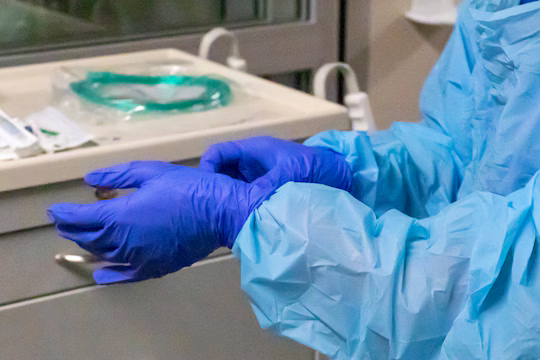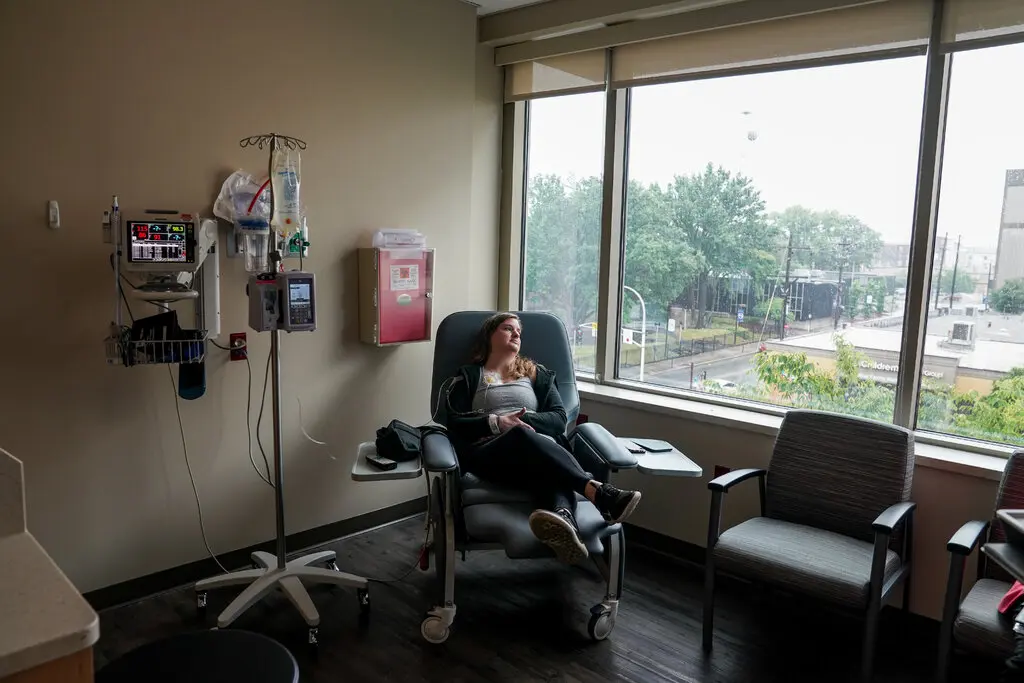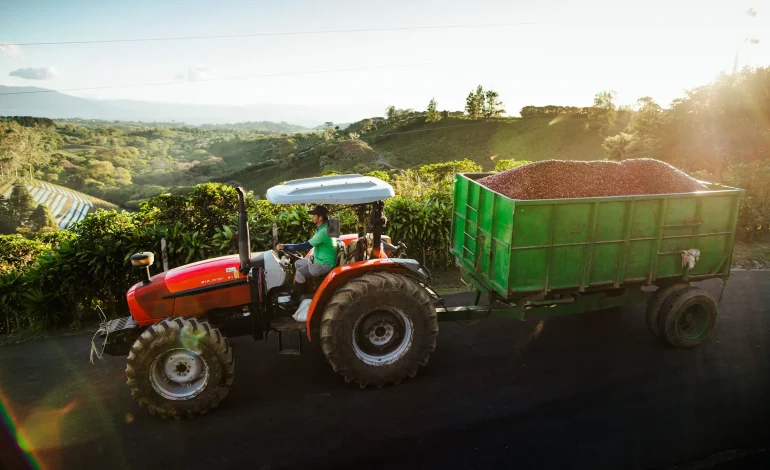Starbucks has announced new investments in two coffee farms in Central America, furthering its efforts to safeguard its coffee supply from the growing threats of climate change.
The company has acquired a second farm in Costa Rica and its first farm in Guatemala as part of a broader strategy to enhance the resilience of coffee production. These new research sites will allow Starbucks to study how its hybrid coffee varieties perform in various environmental conditions.
The coffee giant, which purchases 3% of the world’s coffee supply, has faced increasing challenges due to extreme weather conditions, including rising temperatures and frosts, which have impacted coffee yields in recent years. These conditions, exacerbated by climate change, have resulted in higher consumer prices for coffee, with a reported 18% increase over the last five years.
The two new farms will focus on understanding the productivity and resistance of hybrid coffee plants, which have shown promise in fighting coffee leaf rust—a disease that thrives in warm, wet climates. Starbucks will conduct research at different elevations and soil conditions to determine how these hybrids can be scaled for use across the Coffee Belt, the region around the equator known for coffee cultivation.
“Our goal is to develop solutions that not only improve coffee productivity but also support the profitability of farmers,” said Roberto Vega, Starbucks vice president of global coffee agronomy, research, development, and sustainability.
By investing in these farms, Starbucks hopes to strengthen its global coffee supply chain while empowering coffee farmers with tools to overcome the challenges posed by climate change.
In Guatemala, Starbucks has selected a farm with depleted soil and low productivity to replicate the conditions many smallholder farmers face today. The company plans to rehabilitate the soil and use its findings to help other farmers improve their land. Meanwhile, in Costa Rica, the company will experiment with drones and mechanization to tackle the labor shortages that many coffee farmers in Latin America face.
Starbucks’ long-term plan includes further investments in farms in Africa and Asia, creating a global network of innovation farms across the Coffee Belt. These farms will collaborate with 450,000 coffee farms worldwide and share research to ensure the future availability of high-quality Arabica coffee. Through its ongoing sustainability initiatives, including distributing nearly 90 million climate-resistant coffee trees, Starbucks continues to lead efforts in addressing climate-related challenges in the coffee industry.
Michelle Burns, Starbucks executive vice president of global coffee and sustainability, emphasized the company’s commitment.
“We will always work to ensure a sustainable future of coffee for all,” Burns stated.









